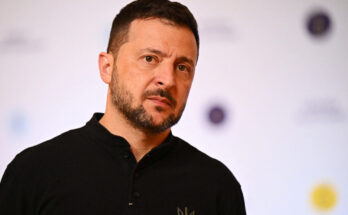The latest incident at the first police station in downtown Frankfurt remains difficult to understand, even a month after it became known. Officials are said to have physically abused those detained. To cover up the case, his colleague allegedly falsified the report. How could this happen? is just one of the questions that remains unanswered. Another reason: Why was the violation not discovered in the office and reported to superiors?
While the criminal law assessment of the allegations is clear, the internal process is likely to be complex. The structural reorganization presented by Hesse’s Interior Minister Roman Poseck (CDU) and Frankfurt Police Chief Stefan Müller on Monday shows once again how much effort is needed to counter a development that has for too long been marked by misunderstood esprit de corps and possible personal frustration.
Therefore, concentrating on those who, despite all the professional pressure, have not (yet) allowed themselves to be misled is the right way to go. Young civil servants in particular must remember that when they wear a uniform, they are representatives of the state who must obey law and order. But it is also true that the police’s job is not getting any easier in an ever-changing and increasingly rigid society. That’s the reality.
Although police have previously been hesitant to release crime figures in Zeil – out of concern that the famous shopping street could be stigmatized – they have been collecting targeted information for about two years to get an idea of what problems exist in this part of the city center. There are 4,500 crimes recorded there every year, and more than 75 percent of the suspects are non-German. All cases are in the first district. Most violent crimes occur at night on weekends.
It is the police’s job to take action against these developments. But this could overwhelm officials if there is not enough room to provide relief. Nothing can justify the wrongdoing that the officers are accused of. But it would be too easy not to bother looking for factors that might answer the “why” question.



